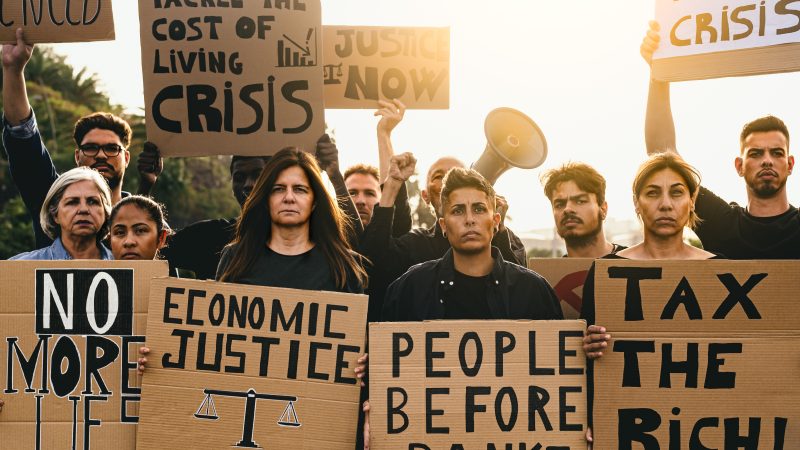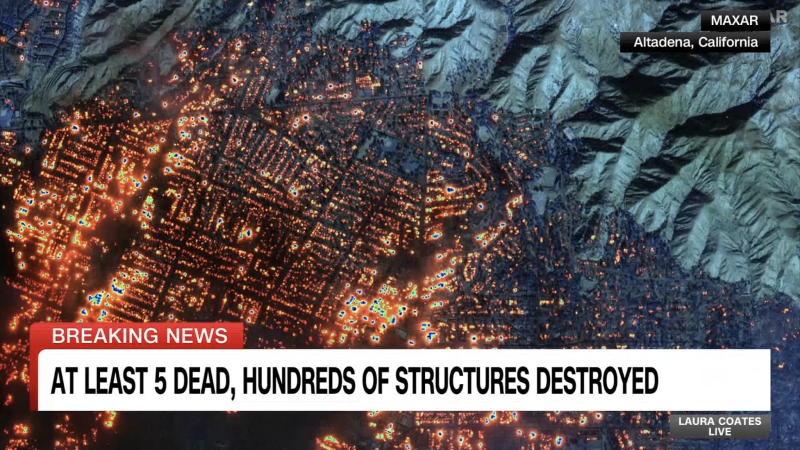Renovating Economics for the Next Phase of Evolution

The biggest problem with economics in its current form is that it is essentially in service to the malignant narcissist segment of humanity i.e. the billionaire class. Left as such, our story along the evolutionary record could come to an end before this century is over.
Not to diminish the earnest analytical thinking and discourse of professional economists, who do a great job of advancing the discipline of economics such as it now exists.
But it serves private elite interests, not the public interest.
The insistence on preserving the epistemological evolution of economics to the realm of academia is one of the key factors in the stagnation of this and other social “sciences”.
If we persist, we will experience the abbreviation of the human potential instead of its full realization.
For this reason, we must dispense with the constructs surrounding admission of participants in the discourse to those with academia-assigned accreditation; the pathways to achieving a holistic enlightenment of the convergent crises in human governance are too diverse and multi-threaded to be achieved in institutions whose governance is similarly malformed due to the obsessive sanctity of precedent.
What is needed most and now is non-specialized, multi-disciplinary strategy and leadership. It does not follow that a Ph.d in psychology and economics is the best qualified to opine on the correct remedial direction for humans to embark upon; they’re pursuit of accreditation, recognition, financial security and the attendant comforts is the value chain that is defective and anathema to the long-term interests of our species.
Show me the man who has explored a wide range of unrelated occupations without instruction or accreditation or scholastic validation, and from him I would like to hear about the commonalities that he observes in such pursuits that undermine the survivability of our species in the long term.
In short, an economist is one who acts economically. To act economically is to accumulate and preserve assets necessary to conduct life in a state of relative comfort. To live within one’s means.
The same applies to governments. With developed nations’ sovereign borrowings averaging above 120% of productive output (GDP), the inability of governments to act economically is evident. Yet we see the continuous increase in the value of private wealth pools despite such indebtedness at the national level
While media projects the concept that economists advise and governments are profligate, the reality is that governments are larcenous and economists are complicit.
This allocation of responsibility for the current state of affairs is conspicuously absent from modern discourse. Culpability is the prerequisite to rehabilitation, and so without this recognition, we are condemned to repeat the offence of living well beyond our means.
This applies to financial systems as well as ecological ones.
The mass fabrication and distribution of currency and credit is the smokescreen behind which elite capital pools (families, institutions, governments) siphon off the value derived from the commons into discrete silos of private wealth. They steal both from the present and the future, behind a mantle of virtue enabled by the illusion of democracy, and reinforced by an equally subordinate concept called “law”.
In the current climate where the largest economic powers are all fully authoritarian, and the liberal governments are the second tier economies, this theory is proven.
Among the authoritarians, racism, private exploitation of the commons (ecology), and suppression of human rights are the key values, while the Liberal economies seek to temper these values with their opposites. But they are largely constrained by the imposed order of economics, as taught in our institutions of higher learning, which are equally institutions of indoctrination.
Humanity as a whole has the potential to sustain our shared voyage on the best-equipped biological space ship to exist among the firmament, but only if we can evolve constructs like economics into egalitarian modes that recognize the necessity of uniform quality of life for all.
This requires a further recognition and committment to the concept of proportional representation among species, which is to suggest that overpopulation by humans needs to be addressed.
And before you get all indignant and offended by a discussion about population, I present this discussion in the context of proportional representation within the ecological systems context only, and not in the social one. I acknowledge the appearance of an elitist perspective, and the nuances of that discussion are to abundant to address here. I do devote an entire chapter to population in The Real Economist.
Let me know if this strikes a chord with you and whether you agree or disagree.




Yo, 1777szgame is legit! Just tried it out and I’m hooked. Graphics are sweet and gameplay’s smooth. Definitely worth checking out. Peace! Check them out here 1777szgame
Interesting points about adapting strategy to field sizes! Seeing platforms like king jl link cater to local preferences in the Philippines is smart – accessibility matters. Good read!
Just tried PlataformaFogo777, and I gotta say, it’s pretty hot stuff! The games are fun, and the site’s easy to navigate. Definitely worth checking out if you’re looking for a new spot to play. Give it a whirl at plataformafogo777!
Been playing at vn69casino for a couple of months now. Their live casino is pretty good, decent dealers, and the streams don’t lag too much. Worth a shot if you’re into live games. Check them out here: vn69casino
Your writing is like a breath of fresh air in the often stale world of online content. Your unique perspective and engaging style set you apart from the crowd. Thank you for sharing your talents with us.